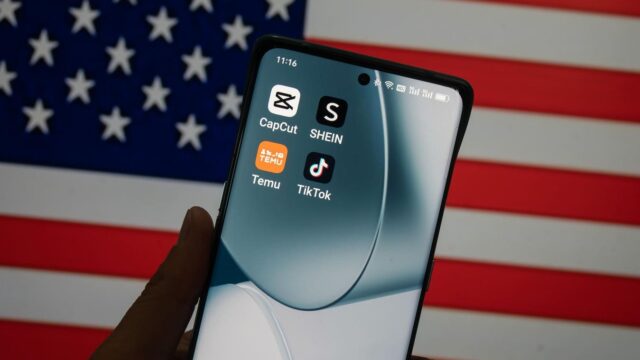NordVPN just dropped a bombshell in the cybersecurity world. The company announced its proprietary NordLynx protocol now dodges advanced VPN-blocking tools used by governments and corporations. Executives call it a “game-changer” for users in censorship-heavy regions like China, Iran, and Russia.
How NordLynx Outsmarts the Blockers
Traditional VPNs often crumble under deep packet inspection (DPI), a method that identifies and blocks encrypted traffic. NordLynx sidesteps this by mimicking regular internet activity. The protocol merges WireGuard’s speed with a custom double-NAT system to mask digital footprints. NordVPN’s Chief Technology Officer, Marijus Briedis, says this combo creates “invisible tunnels” for data.
Speed Meets Stealth in High-Stakes Testing
NordVPN tested NordLynx in countries with aggressive VPN restrictions. Users reported uninterrupted access to banned platforms like WhatsApp, Facebook, and international news sites. The company claims speeds doubled compared to OpenVPN, its former default protocol. Gamers and streamers in Dubai—where VoIP services face blocks—already praise the tech for bypassing latency issues.
Why Governments Can’t Keep Up
Authorities in restrictive nations increasingly deploy AI to flag VPN usage. NordLynx counters this by randomizing encryption patterns, making traffic indistinguishable from normal HTTPS streams. Cybersecurity expert Elena Smith, unaffiliated with NordVPN, calls the move “a direct middle finger to surveillance states.”
Privacy Advocates Cheer, Regulators Fume
Digital rights groups hail NordLynx as a lifeline for activists and journalists. “This levels the playing field against authoritarian regimes,” said FreedomNet’s CEO, Liam Chen. Meanwhile, critics warn the tech could aid cybercriminals. NordVPN fired back, stressing its no-logs policy and anti-abuse safeguards.
Global Rollout Sparks Accessibility Debate
NordLynx launches worldwide today, but access hinges on local app stores. Countries like Turkey and Indonesia have previously banned VPN apps entirely. NordVPN urges users to sideload the app if needed, risking potential legal backlash. “We won’t let gatekeepers decide who gets privacy,” declared CMO Laura Tyrell during a live press demo.
The Billion-Dollar VPN War Heats Up
NordVPN’s move pressures rivals like ExpressVPN and Surfshark to innovate. Analysts predict a surge in VPN adoption as global censorship hits record highs. Over 60% of internet users now face government-mandated blocks, per Watchdog International. NordLynx’s success could redefine privacy norms—or trigger fiercer crackdowns.
User Reactions: Hope, Skepticism, and “Wait-and-See”
Early adopters in Tehran and Moscow report mixed results. One user tweeted, “Netflix works, but will it last?” Others fear governments will reverse-engineer NordLynx within months. NordVPN insists it built “adaptive shields” to stay ahead. For now, the protocol remains free for all subscribers.
What’s Next in the Privacy Arms Race?
NordVPN teases AI-driven updates to NordLynx later this year. Meanwhile, China’s Great Firewall team reportedly ramps up AI training to detect new VPN tricks. The stakes? Over 4 billion users worldwide craving uncensored web access. As Tyrell bluntly stated: “This isn’t just tech—it’s a fight for human rights.”














